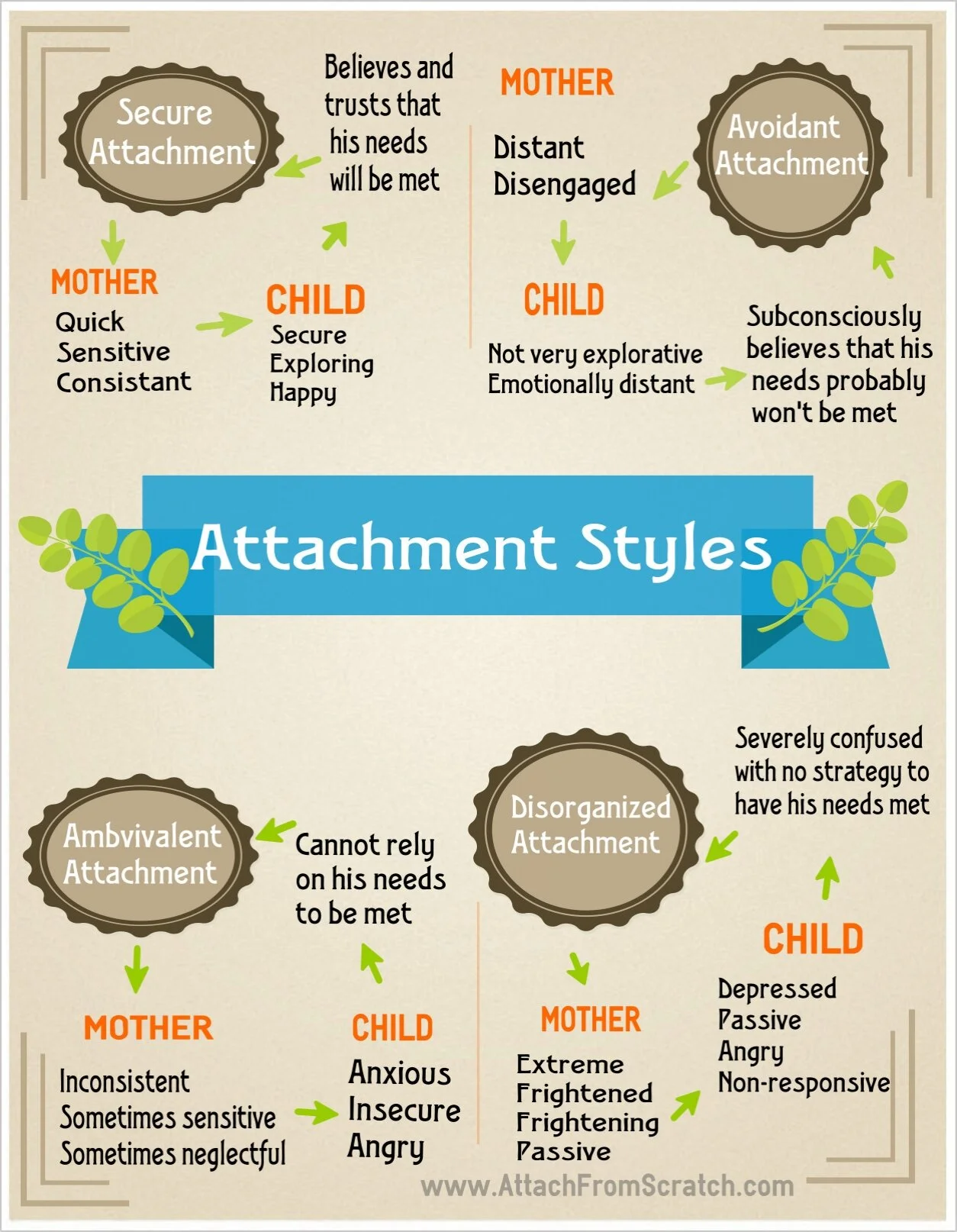
Infant & Parent Attachment:
Parent and Infant Bonding is a strong and vital process which makes the parent want to shower the child with love and affection. While studies on bonding are still a researched aspect of the scientific community, the strong ties provide the baby ‘s first model for intimate relationships, building their sense of security and positive self-esteem. These will also have further impacts on the child’s social and cognitive development.
While infants innately bond with the parent, the parents themselves can have a mixture of feelings. While some may feel instant attachment, others may take a bit longer, particularly if the child is colicky or if the parent is affected by post-partum depression. Some ways to start can include,
Skin-to-skin contact by holding, cradling, rocking, or stroking the baby
Baby massages. but only after proper instruction on how this is done
Breastfeeding and bottle-feeding, as smell and touch are so important as well as the responsiveness of the parent
Reading or singing to the baby
Mirroring the baby’s movements
Mimicking vocalization as a first effort at communication
Using a front baby carrier during routine activates
Letting the baby feel different surfaces and textures (under parental supervision)
Other measures include setting up a support system for yourself and fostering confidence in your own parental abilities. Also remember that exhaustion is one of the primary reasons behind a seeming “lack of attachment,” try your best to prevent anxieties from making you question your parental abilities. Other reasons may include hormones, imagination-to-reality difficulties, time apart due to the child being ill, and difficulty adjusting to the new routine.
Services Offered:
In addition to individual pre-birth and postpartum assessment and psychotherapy, Dr. Boscan and her fellow clinicians gives helpful sessions for guardians and their babies. Regularly, parents seek these therapy sessions since they may feel that there's a mismatch between them and their child or their feelings are confused about them. Others have concerns about their child’s development, while others come to develop a stronger and deeper bond. These sessions can be most supportive when the child is still young, a few months old, however there is evidence that prenatal counseling which addresses parent’s thoughts and concerns about the child can be instrumental for the establishment of a positive attachment and connection. Expectant mothers who have an elevated risk for Post-Partum Depression (PPD) can particularly benefit from the combination of prenatal and postpartum counseling that focuses on the mother-infant relationship.
What we offer…
A 10 week parent/infant bonding plan
At home visits for colicky babies & difficulty of setting a routine
Prenatal as well as postpartum psychotherapy
Our goal is to foster the bond between you and the infant! It is important for you to keep in mind that:
There is no “right” way to parent
No parent, or child, will ever be perfect
A therapist can be useful at assessing the situation from an outside perspective





